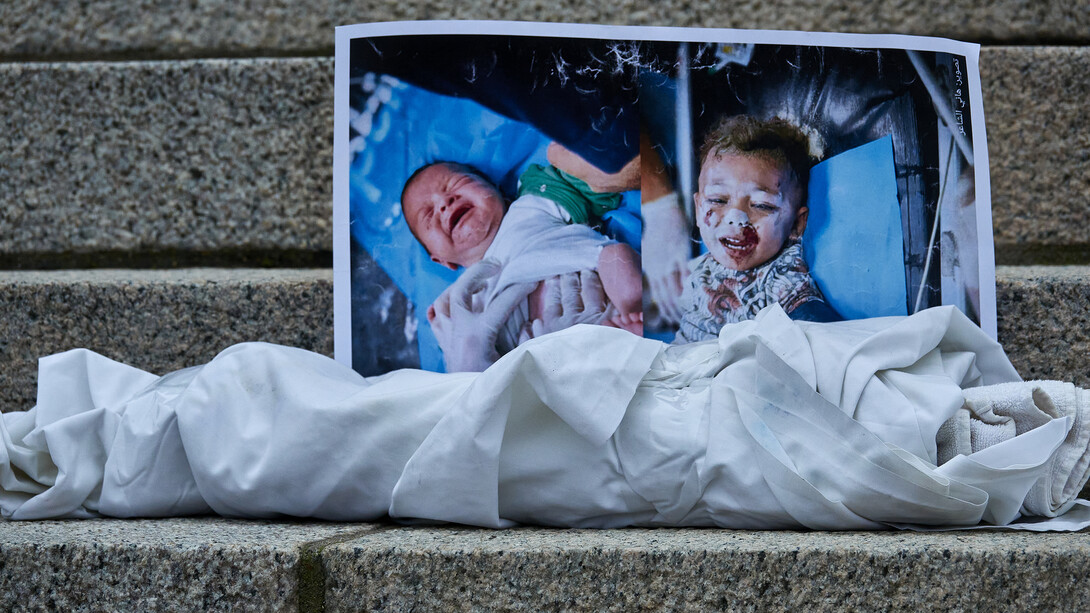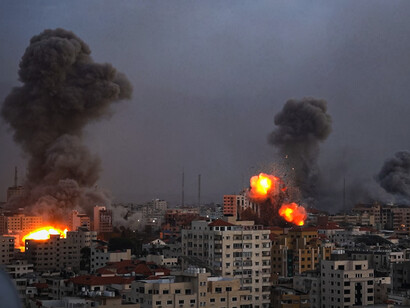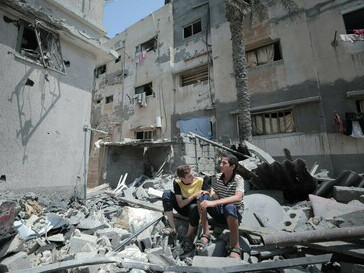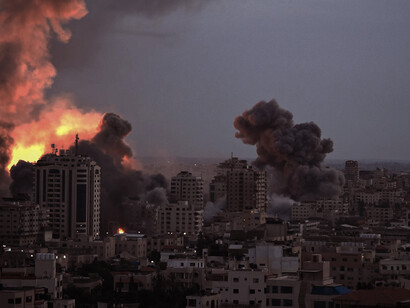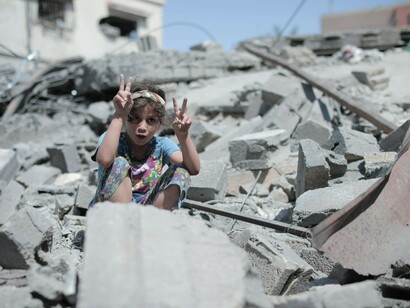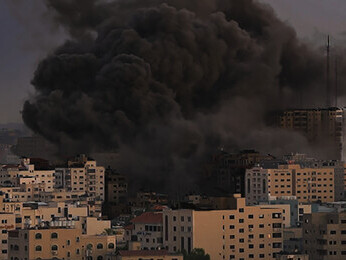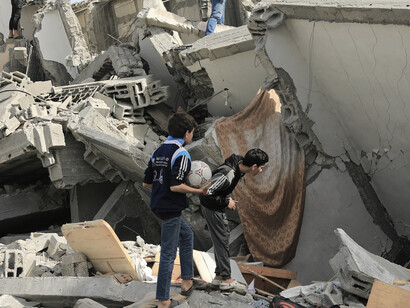On March 18, 2025, Israel launched a series of intensive airstrikes on the Gaza Strip, effectively ending a ceasefire that had been in place since January. According to reports from the Hamas-run health ministry, these attacks resulted in over 400 Palestinian fatalities, including numerous women and children, marking one of the deadliest days in Gaza since the war began in 2023. Israeli Prime Minister Benjamin Netanyahu declared that these operations were "just the beginning," signalling a potential escalation in the conflict.
Background of the ceasefire and its collapse
The ceasefire, established in January 2025, aimed to halt hostilities between Israel and Hamas following a prolonged period of violence that had devastated communities on both sides. The truce had provided a semblance of normalcy, allowing for humanitarian aid to reach affected populations and giving civilians a respite from the constant threat of violence. However, underlying tensions persisted, with both parties accusing each other of violations and failing to address core issues such as blockades, territorial disputes, and political recognition.
The immediate catalyst for the recent airstrikes remains a subject of contention. Israeli authorities have accused Hamas of rejecting offers to release hostages and continuing to pose a security threat, thereby justifying the resumption of military operations. Conversely, Palestinian officials have condemned the attacks as unprovoked aggression against defenceless civilians.
Details of the airstrikes
The Israeli military, in coordination with the Internal Security Agency, conducted extensive operations targeting what they described as Hamas "terrorist targets" within Gaza. Among those killed were at least five senior Hamas officials, including Mohammad Al-Jmasi, a member of the political office, along with members of their families. Residential areas, including the Nuseirat refugee camp in central Gaza, were heavily bombarded, leading to significant civilian casualties.
Eyewitness accounts from Gaza describe scenes of devastation, with medical facilities overwhelmed by the influx of casualties. Doctors have likened the aftermath to "Armageddon," struggling to provide care amidst dwindling supplies and continuous power outages.
International reactions
The international community has reacted with a mix of condemnation, calls for restraint, and appeals for the restoration of the ceasefire. United Nations Secretary-General Antonio Guterres expressed shock at the scale of civilian casualties, urging both sides to adhere to international humanitarian law and protect non-combatants.
Countries such as Germany, Saudi Arabia, Egypt, and Turkey have criticized Israel's actions, labeling them as disproportionate and calling for an immediate cessation of hostilities. The United States, while reiterating its support for Israel's right to self-defence, has urged caution and emphasized the importance of avoiding further civilian harm.
The European Union has called for an emergency meeting to address the escalating situation, emphasizing the need for a political solution to the longstanding Israeli-Palestinian conflict. Humanitarian organizations have also sounded alarms about the deteriorating conditions in Gaza, appealing for unimpeded access to deliver essential aid to affected populations.
Potential aftermath and global implications
The recent escalation threatens to destabilize an already volatile region further. The collapse of the ceasefire undermines previous diplomatic efforts and may lead to a protracted period of violence with severe humanitarian consequences.
Humanitarian crisis
The intensified conflict exacerbates the humanitarian crisis in Gaza, where infrastructure is already fragile due to years of blockade and previous conflicts. Medical facilities are struggling to cope with the surge in casualties, and there are urgent calls for international assistance to prevent a total collapse of essential services. The displacement of civilians seeking safety adds pressure to overcrowded shelters, raising concerns about the spread of diseases and inadequate access to necessities.
Diplomatic strains
The escalation poses challenges to international diplomatic relations. Countries that have recently normalized relations with Israel, such as several Arab states, face internal and external pressures to respond to the situation. The conflict tests these newfound alliances and may influence future diplomatic engagements in the region. Additionally, global powers involved in mediating peace processes may need to reassess their strategies to address the evolving dynamics.
Regional stability
The conflict has the potential to spill over into neighbouring regions, drawing in various state and non-state actors. There are reports of clashes near the Syria-Lebanon border, raising fears of a broader regional confrontation. The involvement of groups allied with either side could lead to a wider conflict, destabilizing the Middle East further and complicating international efforts to restore peace.
Global economic impact
The instability in the Middle East can have ripple effects on the global economy, particularly concerning energy markets. Escalation of conflict in the region often leads to fluctuations in oil prices, affecting economies worldwide. Investors may react to the uncertainty by shifting assets, leading to volatility in global financial markets. Countries dependent on Middle Eastern energy exports might face supply disruptions, prompting discussions on energy security and diversification.
The recent Israeli airstrikes on Gaza, resulting in significant casualties, mark a critical juncture in the Israeli-Palestinian conflict. The breakdown of the ceasefire and the ensuing violence underscore the fragility of peace efforts in the region. The international community faces the urgent task of facilitating dialogue, providing humanitarian aid, and working towards a sustainable resolution to prevent further loss of life and ensure stability in the Middle East.
